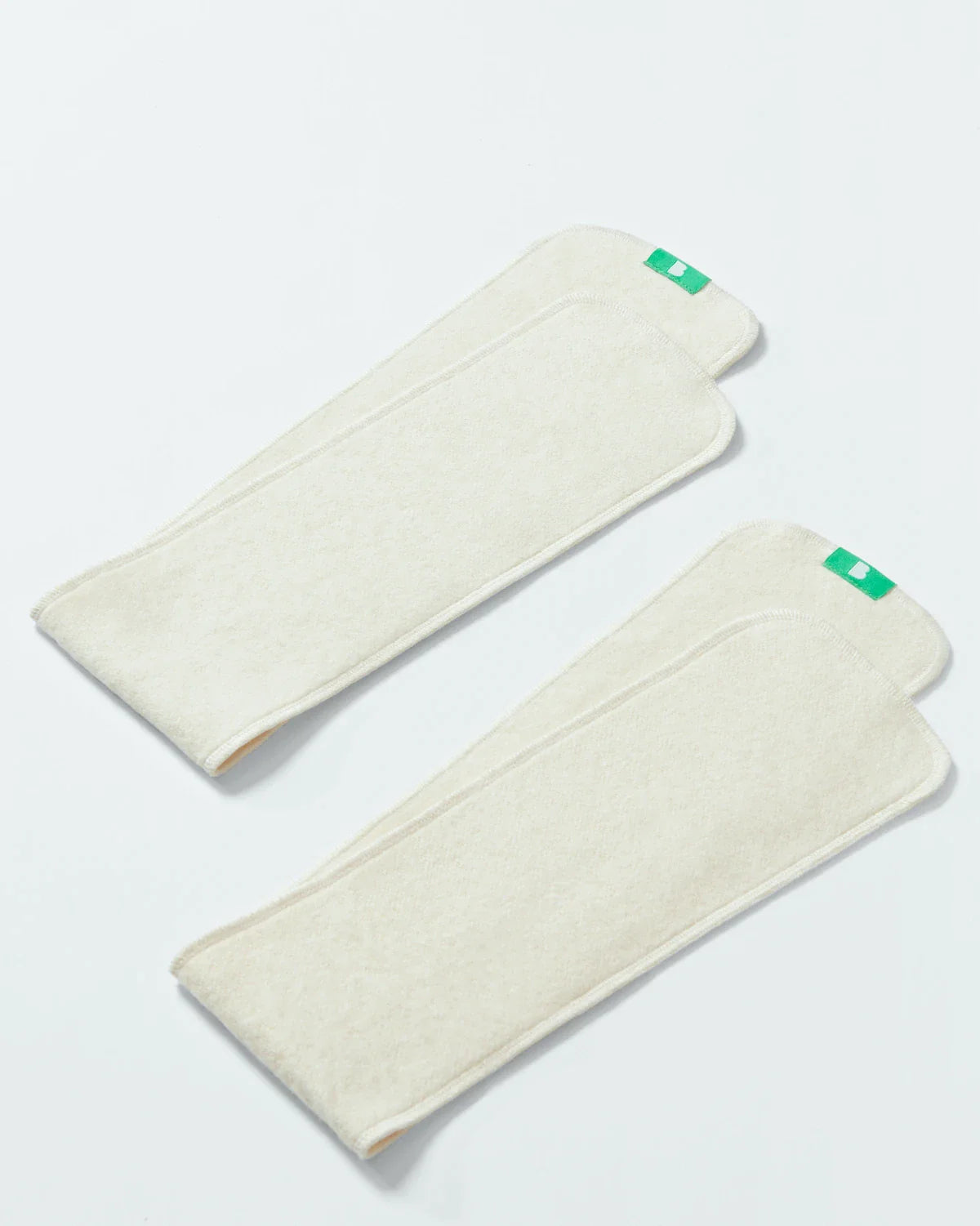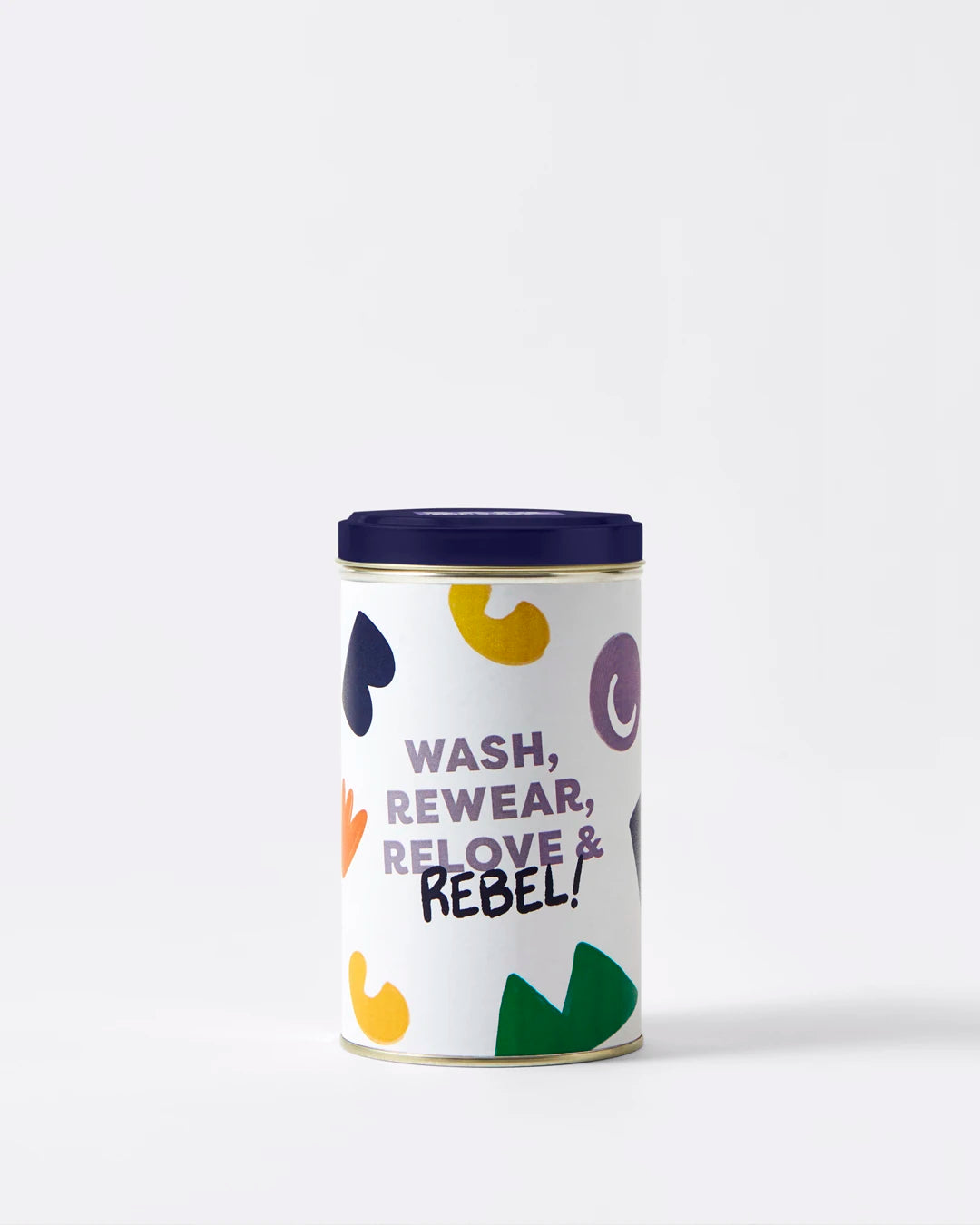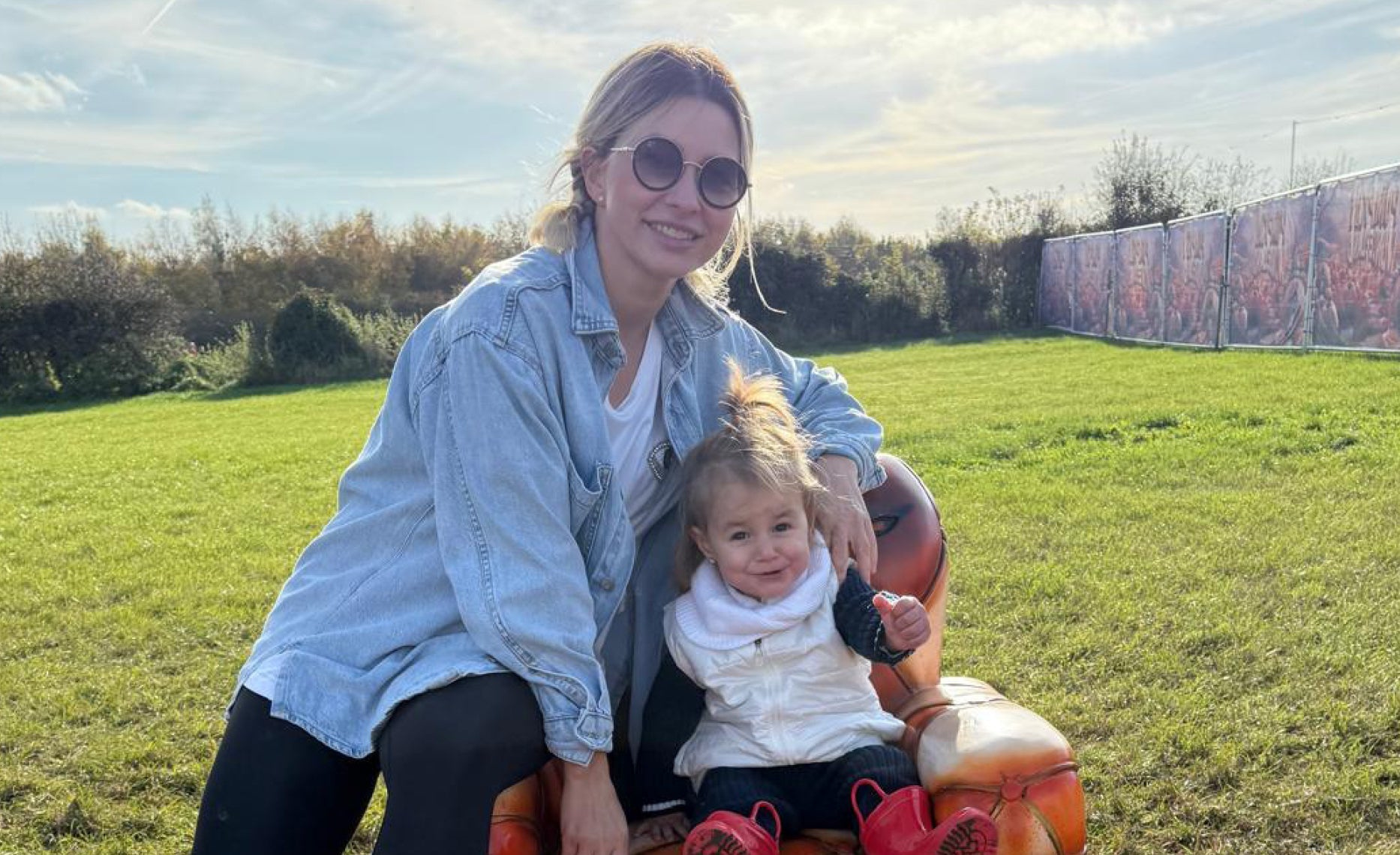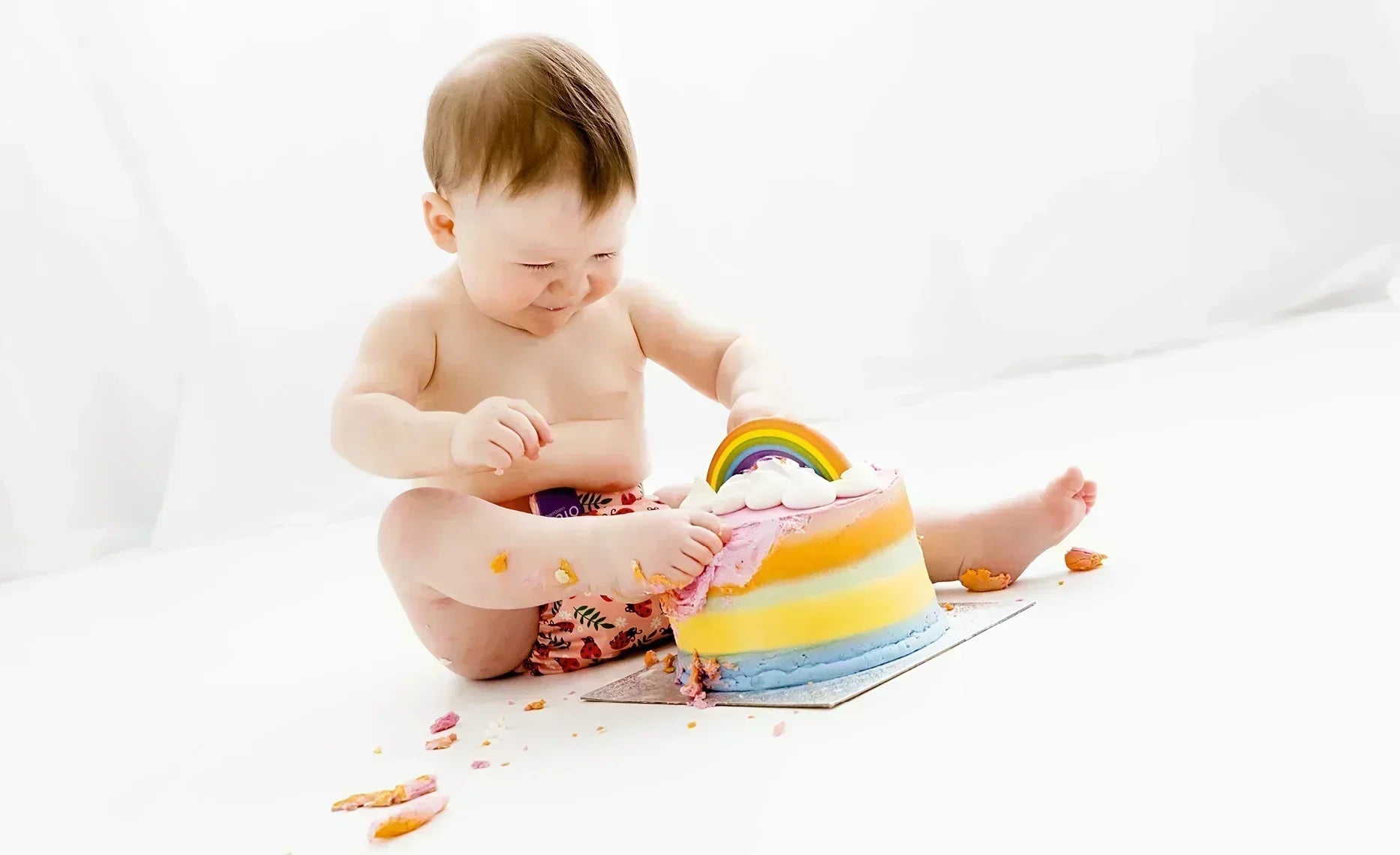Week 25 of Pregnancy | How Big is Your Baby at 25 Weeks?
Share Options
- Bambino Mio
- 28 / 06 / 2023

Inside this Article:
Pregnancy is a time of huge change for you, your body and your life. Our guide will help you through this amazing time, letting you know what to expect at each stage and, most excitingly, what your baby is up to each week.
Your baby is the size of a large aubergine
At 25 weeks of pregnancy, your baby is 31.5cm (12.5in) from crown to heel and they weigh around 775g (1.75lbs. This is around the size of a large aubergine, but in terms of weight, you’re carrying a swede around 24 hours a day, seven days a week!
Baby can smell already!
The part of your baby’s nose responsible for detecting smells is up and running. At the moment they’re mainly smelling your amniotic fluid, but this changes day to day according to what you eat and drink (1).
As well as their lanugo - the fine downy hair covering their body - your baby has established their head hair by the end of pregnancy week 25.
It’s a big week for your baby’s lungs, too. There are four stages of lung development and week 25 of pregnancy sees the completion of the second - the canalicular stage (2). The tiny passageways and capillaries of the lungs have formed and your baby’s lungs are becoming more mature.
How you’re feeling at 25 weeks of pregnancy
The fun never stops! As well as Braxton Hicks contractions (3), heartburn, back ache, leg cramps, itchy skin and vision changes, at 25 weeks pregnant you might get the occasional heart palpitation (4).
Your heart is pumping around 50% more blood than it did before pregnancy and it’s also doing this around 15% faster. You might not notice this at all, or you might feel the odd fluttering or pounding sensation. It’s usually not serious, but do mention it to your midwife. If the palpitations start to happen more frequently and make you feel light-headed in any way, call your GP or midwife as this could be a sign of anaemia (5) or thyroid issues.
Staying healthy at 25 weeks of pregnancy
You should make sure you’re drinking enough water - or other healthy fluids - each day, as this can help you to reduce or avoid some common pregnancy symptoms such as itchy skin, constipation, urinary tract infections and heart palpitations.
Even though you're almost in the third trimester of pregnancy and you feel like you've been pregnant for ages, you still need to maintain your healthy diet (6) and avoid alcohol, smoking and too much junk food (the occasional bag of crisps won't hurt, though...).
If your skin is particularly itchy it can affect your sleep and your general sense of wellbeing. As well as drinking lots of water, you can help yourself by applying an unscented moisturiser or body oil . Using mild laundry detergent and gentle shower gels instead of harsh soaps or scrubs can also help.
If the itching becomes really troublesome or you see a rash developing, you need to call your midwife as you may need a check up or medicine to help you.
What you need to think about at 25 weeks of pregnancy
With just 15 weeks to go until you meet your baby, it’s time to think about whether you want to breastfeed or bottle feed them. Your midwife will be able to advise you and help you to make your choice. If you're going to antenatal classes (7) already you'll probably cover feeding options during them.
Many parents get into the habit of adding one or two baby items to their weekly shop every week so that they have everything they need for when the time comes. A set of socks, a pack of muslins, a vest here and there - it all adds up (and it’s also great fun!).
Citations and references
(1) Science Daily. ‘Babies React to Taste and Smell in the Womb.’ 2022. Web. www.sciencedaily.com/releases/2022/09/220922103255.htm
(2) National Institutes of Health. National Library of Medicine. 'Development of the lung.’ 2017. Web. www.ncbi.nlm.nih.gov/pmc/articles/PMC5320013
(3) National Institutes of Health (NIH). National Library of Medicine. ‘Braxton Hicks Contractions.’ 2022. Web. www.ncbi.nlm.nih.gov/books/NBK470546
(4) Cleveland Clinic. ‘Heart Palpitations in Pregnancy.’ 2021. Web. my.clevelandclinic.org/health/diseases/21941-heart-palpitations-in-pregnancy
(5) National Health Service (NHS). 'Iron Deficiency Anaemia in Pregnancy and After the Birth of Your Baby.’ 2018. Web. mft.nhs.uk/app/uploads/sites/4/2018/04/Iron-levels-in-pregnancy-and-after-childbirth-January-2018.pdf
(6) National Health Service (NHS). ‘Keeping Well in Pregnancy. Vitamins, Supplements and Nutrition in Pregnancy.’ 2020. Web. www.nhs.uk/pregnancy/keeping-well/vitamins-supplements-and-nutrition
(7) National Health Service (NHS). ‘Preparing for the Birth. Antenatal Classes.’ 2021. Web. www.nhs.uk/pregnancy/labour-and-birth/preparing-for-the-birth/antenatal-classes
Pregnancy by Week, What to Expect







































